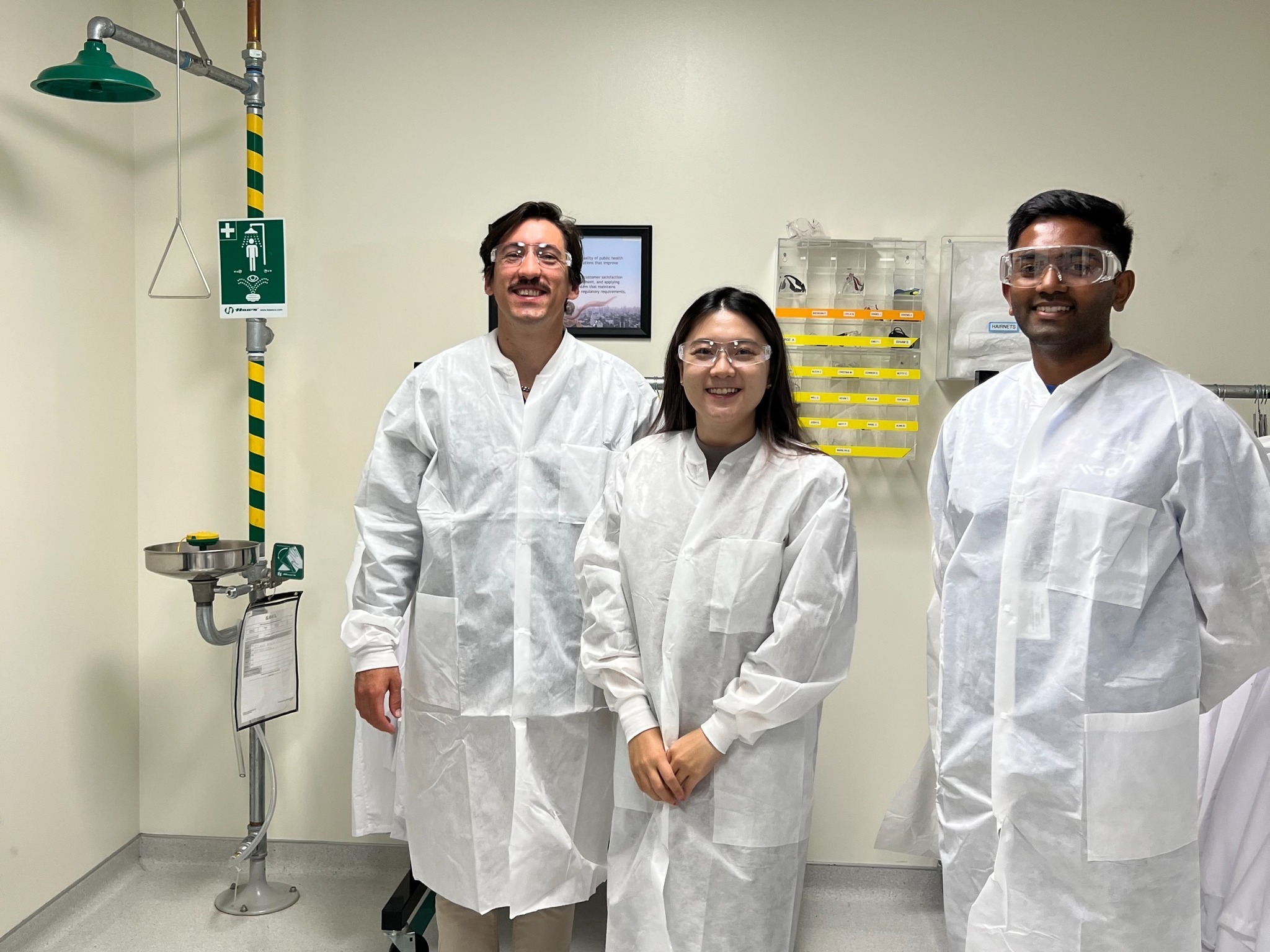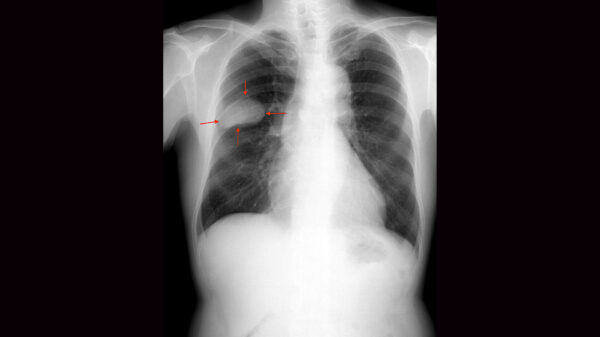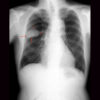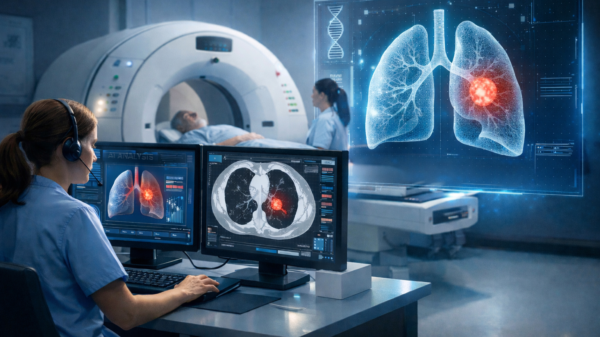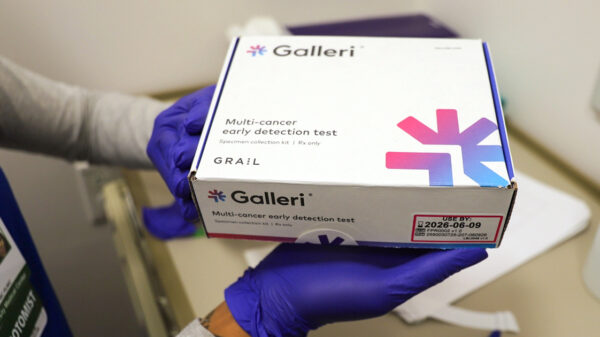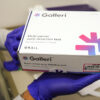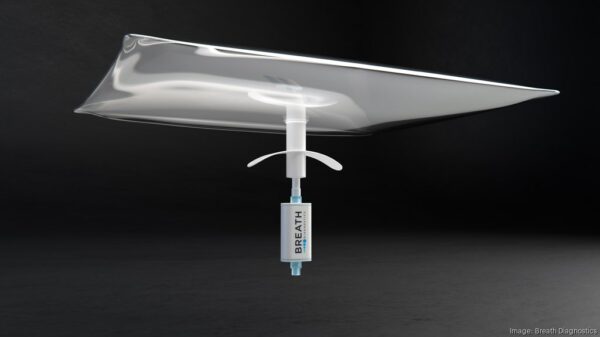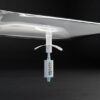California’s oncology specialist, Grail Inc (NASDAQ: GRAL), just tested the first patient with its proprietary blood biopsy lung cancer test to determine if they are well-suited for subsequent treatment post-surgery. GRAIL aims to ascertain if they are at a high risk of having the disease come back after their cancer cell removal procedure.
Its investigational test detects circulating tumour DNA (ctDNA), emitted from cancerous cells and tumours, in blood samples taken from Stage I non-small cell lung cancer (NSCLC) patients. GRAIL does this by utilizing its patented “methylation” technology — which essentially analyzes these DNA fragments in blood, with the help of AI.
This testing method is designed to be used before surgery. It has an 88 per cent level of accuracy, GRAIL claims. The Phase III study has been designated as TROPION-Lung12.
“In TROPION-Lung12, screening for ctDNA is intended to identify the patients at an increased risk of disease recurrence after surgery and thus most likely to benefit from adjuvant therapy,” Cristian Massacesi, Chief Medical Officer at AstraZeneca plc (NASDAQ: AZN), said in a news release on the subject.
AstraZeneca, which has had a partnership with GRAIL for two years, and the Japanese pharmaceutical operator Daiichi Sankyo Co Ltd – ADR (OTCMKTS: DSNKY) collaborated for the study.
“This is among the first times a ctDNA assay has been used in a clinical trial of early-stage lung cancer patients to identify those most likely to benefit from further treatment,” GRAIL President, Harpal Kumar, said.
GRAIL’s primary objective is the early detection of multiple cancers. For this purpose, the company developed the “Galleri” multi-cancer early detection (MCED) test. Like the investigational lung-cancer-specific test first discussed, it uses methylation technology. GRAIL says it should be used as a supplementary addition to screening tests that focus on specific cancers.
Read more: Breath Diagnostics onboards new president and closes critical financing
Read more: Breath Diagnostics pioneers novel lung cancer breath test
Revenue from Galleri surges in Q3
GRAIL reported a 52 per cent revenue spike from the MCED test during this year’s third quarter at US$25.4 million. Over a quarter million of these tests have now been sold by the company. One of them costs about US$949.
Although the screening tech developer cut its net losses by 86 per cent year-over-year in Q3, GRAIL still had a considerable net loss of US$125.7 million during the quarter. This indicates that operational, research and development expenses are currently exceeding revenue generation.
The company completed its initial public offering in June. It was spun out from Illumina Inc (NASDAQ: ILMN), which founded GRAIL but decided to divest from it for the most part that month. However, Illumina still retains a 14.5 per cent stake.
Bill Gates and Jeff Bezos are known to have invested in GRAIL.
🎊 Join us in welcoming @GrailBio to the #NasdaqListed family!
👏 $GRAL is working to change the trajectory of cancer mortality and transform cancer screening through innovative technologies. #healthcare #cancer pic.twitter.com/y4ncOg4Hcf
— Nasdaq Exchange (@NasdaqExchange) June 25, 2024
rowan@mugglehead.com

